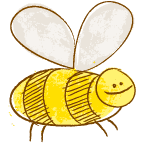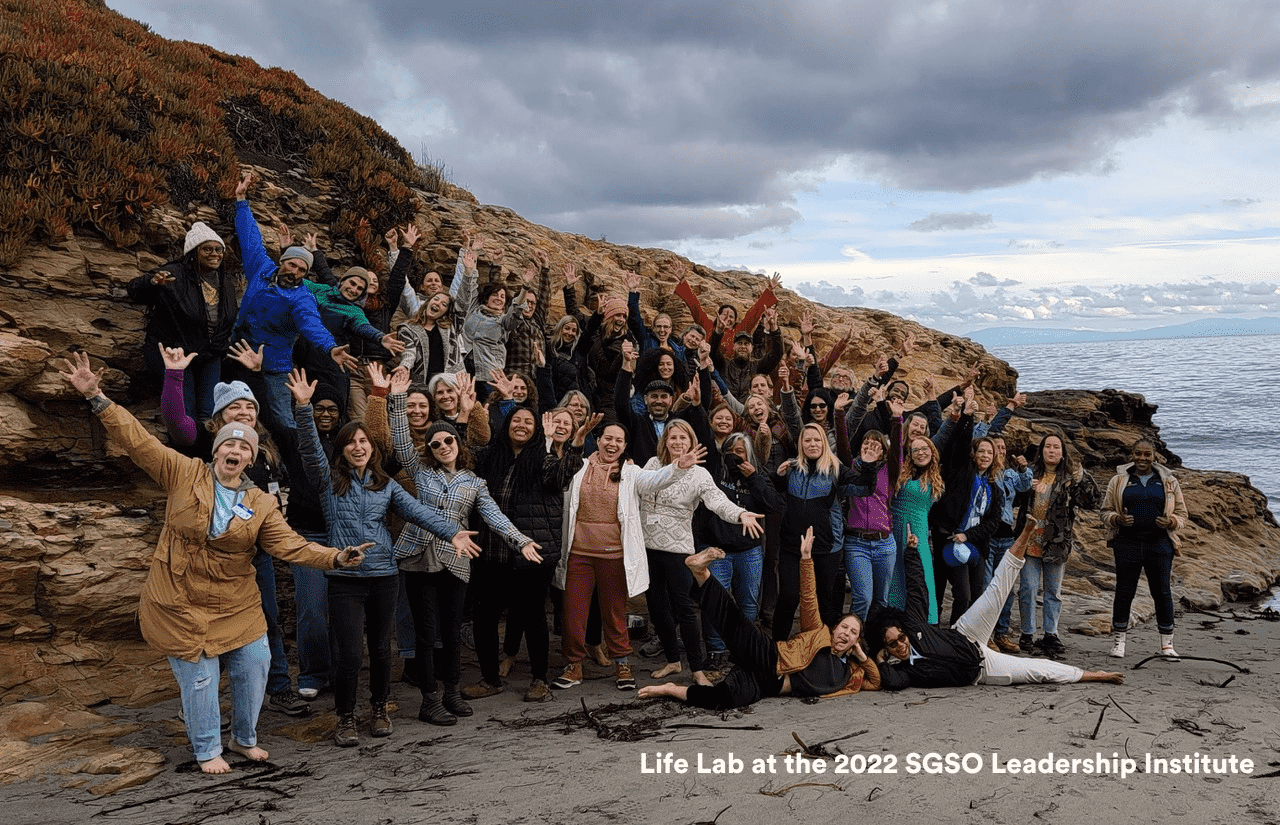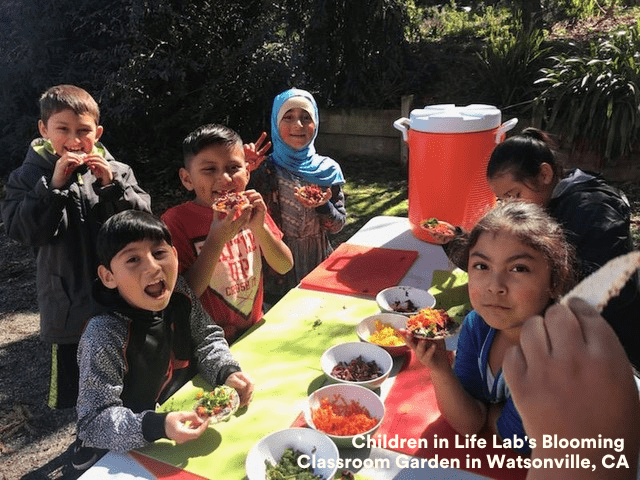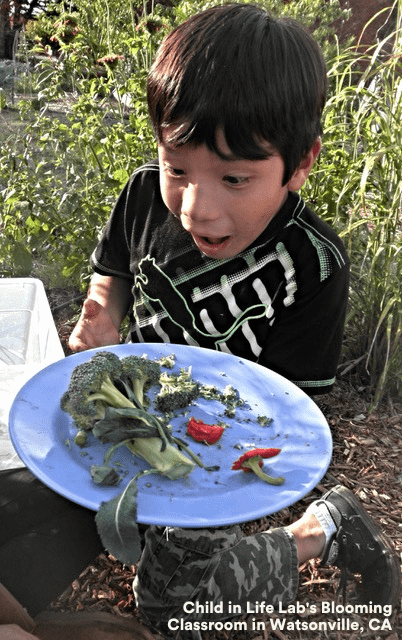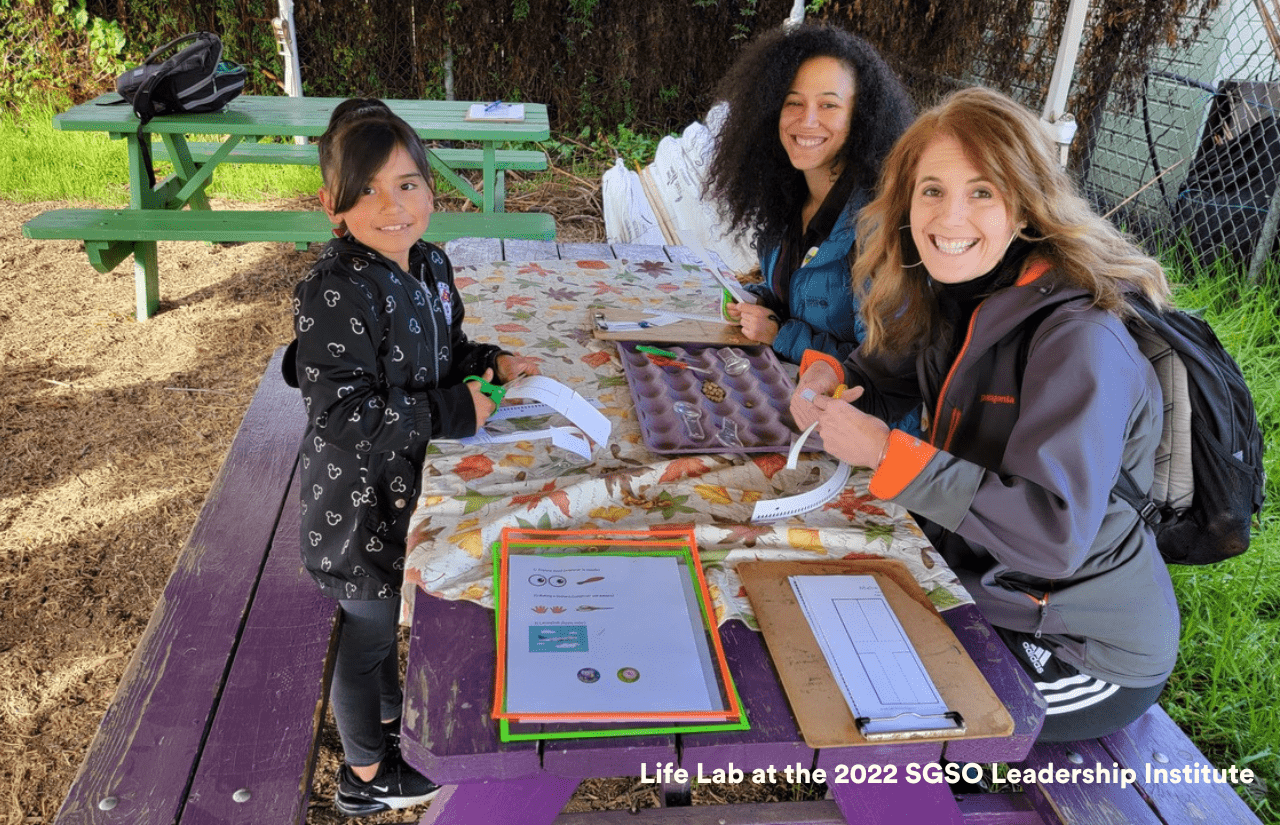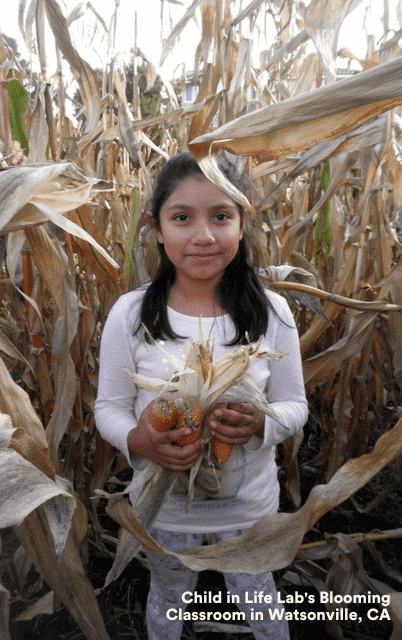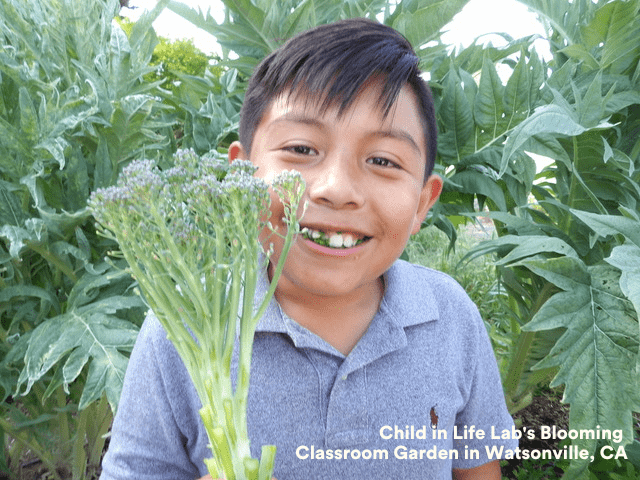Get to Know SGSO Network
The School Garden Support Organization (SGSO) Network is an open peer-to-peer learning network with the goal of growing, sustaining, and elevating a movement of equitable garden-based education. The SGSO Network supports garden educators that serve at the school, district, regional, state, and national level with professional and leadership development, resources, and platforms to connect with other educators.
We reached out to Tristana Pirkl, Director at School Garden Support Organization Network to get the scoop on how they are helping kids learn to love fresh, nutritious, whole foods.
